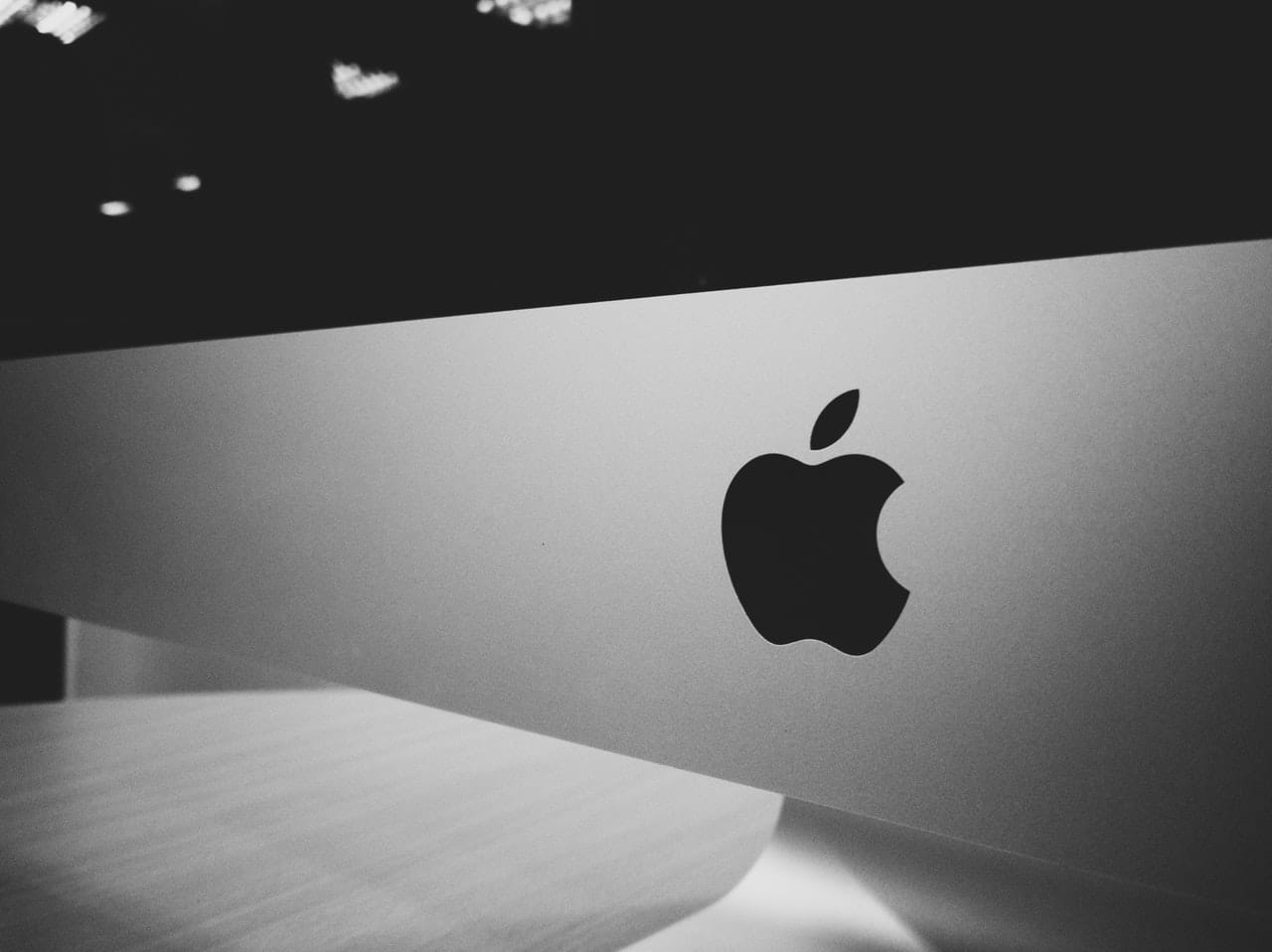Apple has always been a sign of quality in the tech world, no matter how many YouTube comments will try to tell you otherwise. Their products are consistently good quality, if not a bit overpriced, they are a transparent company that values privacy, and arguably the most important quality: their operating system is smooth.
I love me some Android and Windows, but macOS and iOS have always had a premium feel to them that neither of those touch. Also, Apple has constructed their OS to be a smooth and enjoyable experience to the point where surfing your files can feel relaxing. While I love and appreciate iOS, there is one thing that brings it down below Windows and Android for me: restriction.
Now, these restrictions are what keeps Apple’s OS consistent in quality, and I give them that. On the other hand, I would like to be able to download certain programs or dual-boot another OS on a Mac without having to jump through hoops.
The real question is why Apple has kept their OS a closed ecosystem for so long despite constant criticism. How does Apple benefit versus companies like Microsoft which allows other companies to use their OS?
IMAGE: PEXELS
1. Close The Doors
Apple is obsessed with quality and reliability, which is a good thing for most, but bad for some select few. Apple wants everything to be consistently great, but they also have trust issues. This was seen with the release of IOS 7, where Apple refused to acknowledge customizability and gripped iOS with an iron grip. Sure, the App Store kept quality, but at the expense of app developers everywhere.
While it’s true that higher quality is easier to obtain with fewer variables, it’s also a blow to the consumer due to lack of customization tailored to the user. But hey, at least iOS has a reputation for good security and privacy, unless you fall victim to a Mac and iOS VPN purge like in China.
To be honest, the only reason I use Android instead of Apple is because I love customization. You can barely customize the Apple Watch! I would like to look at my own custom watch face, but I can’t because of Apple’s high standards. It’s not a bad standard, just annoying.
2. Then Lock It
Apple shows no signs of stopping this proprietary nature either. I mean, you can’t even charge an iPhone without using their proprietary Thunderbolt charger! Though, the newest iPad Pro uses USB-C, so maybe not all hope is lost on the port side.
Software side, there’s no dice. Tim Cook and the rest of Apple want to uphold the reputation that Apple has kept for the past two decades, but at what cost? Apple hasn’t done that bad with its closed ecosystem though.
Sure, my Galaxy Watch can’t communicate with my MacBook, but my iPhone could easily communicate with it, and an Apple Watch would easily communicate with both. That’s what you’re buying when you buy an Apple product: the ecosystem.
You buy the convenience, and that’s what sells the product(s). Apple gambles on you buying into the ecosystem after the first product. It might start with an iPhone, then a Watch, then a MacBook. The user suddenly finds themselves locked into the ecosystem. All of their files, media, and content are shared in the Apple ecosystem, and moving off the ecosystem can be a major hassle.
That’s where a profit can come in. As I said earlier, Apple is a quality company and, in my opinion, get a lot of undeserved hate, but the closed-off nature of their products is a justifiable complaint. After all, no one wants to be locked into a line of products or not being able to customize more than their wallpaper.
But at the end of the day, maybe Apple products just aren’t for me. And with Apple moving their iPads to USB-C, maybe they are starting to warm up to the idea of opening their OS’s up a little as well.
If you are interested in even more technology-related articles and information from us here at Bit Rebels, then we have a lot to choose from.


COMMENTS